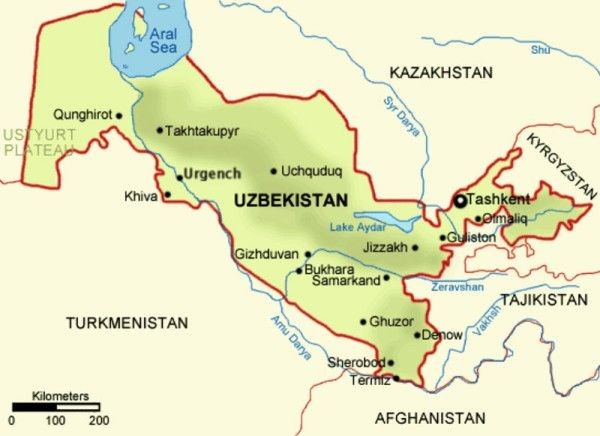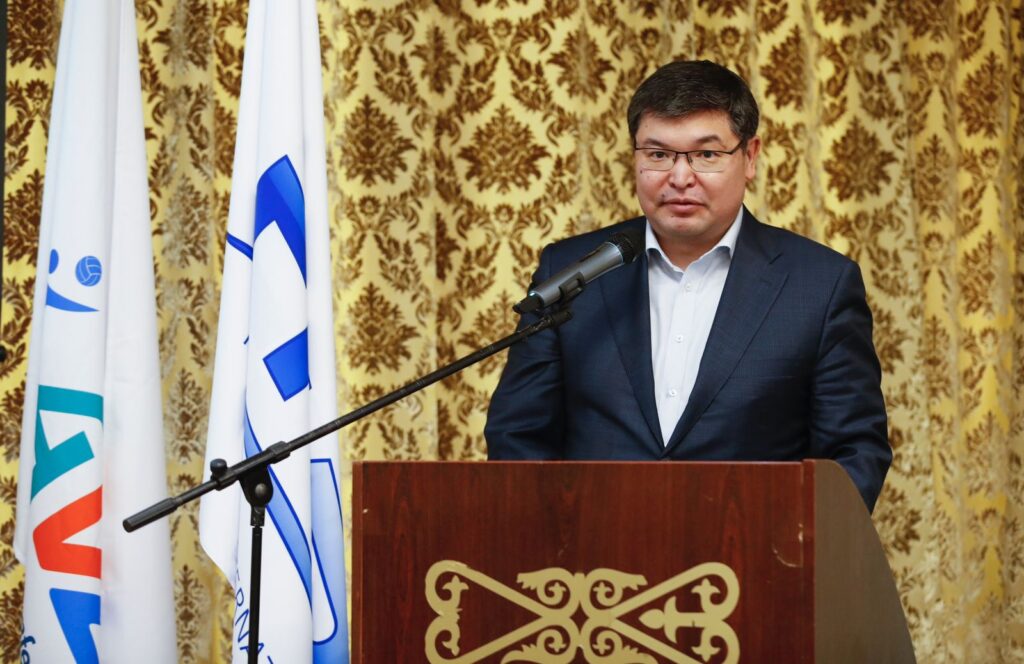TASHKENT (TCA) — The European Bank for Reconstruction and Development (EBRD) is expanding its regional presence in Central Asia’s most populated region by opening an office in Andijan, one of the largest municipalities in east Uzbekistan, the Bank said on October 30.
Located in the Fergana Valley, Andijan is one of the oldest cities in the region, where the Mughal dynasty hails from and which played an important role in the Silk Road trade. The Fergana Valley is the most densely populated part of Central Asia with almost 14 million inhabitants – almost 20 per cent of the region’s population – spread across Uzbekistan, Kyrgyzstan, and Tajikistan.
The EBRD is opening an office in this region recognising the area’s significant potential. The Andijan office will mainly be supporting local small and medium-sized enterprises (SMEs) through expert advice, training and a variety of financial tools.
It will be building on the success of the EBRD’s business advisory program, funded by the European Union and the EBRD Small Business Impact Fund (with contributions from Italy, Japan, South Korea, Luxembourg, Sweden, Switzerland, Taipei China and the USA), which has already delivered almost 70 advisory projects for Uzbek SMEs.
Following the adoption of a new country strategy for Uzbekistan, in 2018 the EBRD signed 12 projects worth almost €400 million, a record level of business for the Bank in the country in a single year. Significant investments were made in the municipal and power infrastructure sectors, including the rehabilitation of water and wastewater infrastructure in the Fergana Valley, as well as in banking and industry. This year, the EBRD has already invested almost €250 million into the Uzbek economy.
To date, the EBRD has invested €1.3 billion through 70 projects in the economy of Uzbekistan. Support of small businesses is particularly important as the country moves to reform its economy and strengthen its private sector.








